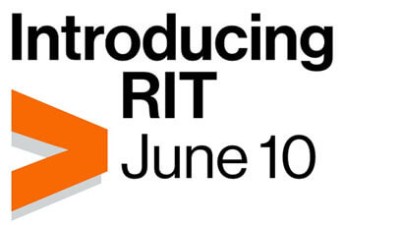Matt Altobelli
Adjunct Faculty
Currently Teaching
PSYC-221
Psychological Disorders
3 Credits
This course will serve as an introduction to the study of psychopathology and mental illness. The course examines the major categories of mental disorder not only from the descriptive point of view, but also in terms of the major theoretical explanations of the causes of disorder. The major treatment modalities also are covered.
PSYC-222
Biopsychology
3 Credits
Introduction to the field of behavioral neuroscience, the study of neurobiological basis of cognition and behavior. Topics include neuroanatomy and physiology, localization of function, brain injury, research methods in behavioral neuroscience, and biological basis of language, memory, emotion, conscious states, and sexual behavior, with an evolutionary perspective.
PSYC-223
Cognitive Psychology
3 Credits
This course examines how people perceive, learn, represent, remember and use information. Contemporary theory and research are surveyed in such areas as attention, pattern and object recognition, memory, knowledge representation, language acquisition and use, reasoning, decision making, problem solving, creativity, and intelligence. Applications in artificial intelligence and human/technology interaction may also be considered.
PSYC-224
Perception
3 Credits
This course covers perception in all of the sensory modalities (vision, hearing, taste, smell, touch). We will trace what happens to the physical stimulus as our sensory systems analyze it to produce complicated perceptions of the world around us. We will explore the fact that many complex perceptual phenomena draw upon explanations at the physiological, psychological, and cognitive levels. Topics on sensory perception in non-human animals may also be covered. This is a required course for psychology majors in the visual perception track.
PSYC-225
Social Psychology
3 Credits
This course explores topics related to behaviors and mental processes of individuals in social situations. Topics include: methodology, social perception, social cognition, the self, attitudes, prejudice, attraction, social influence, pro-social behavior, aggression, and behavior in groups. Course activities include lecture, class demonstrations, and assignments.
PSYC-226
Developmental Psychology
3 Credits
This course explores the process of human development, from conception through adolescence and continuing through later adulthood. The developmental approach integrates across many areas of psychology, including perception, cognition, social and emotional development, personality, morality, human factors, and neuroscience. Topics will include such things as infant brain plasticity, the development of identity in adolescence, and memory changes in adulthood. In addition, experimental methods of developmental research will be introduced and practiced, including issues specific to studying children and adults.









